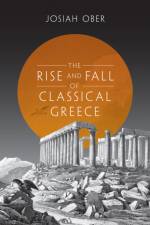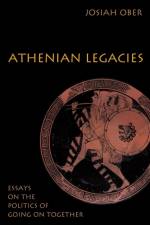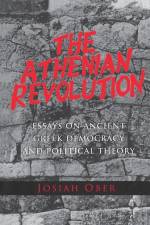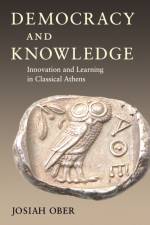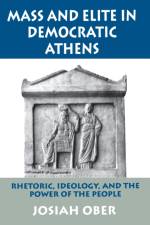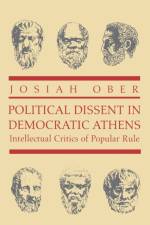av Josiah Ober
419
"With tremendous generosity and vision, The Greeks and the Rational reaches out to game theory and serves as a model of scholarship that allows us to recognize each other, across disciplines and centuries. Once in a while we need a book like this to remind us how our urge to understand and theorize society is a deep and fundamental one shared across time."--Michael Chwe, Professor of Political Science, University of California, Los Angeles "Subtle and compelling in its argumentation, astonishing in its range, and ambitious in its aims, The Greeks and the Rational will be essential reading for Greek intellectual historians, students of ancient philosophy, and modern political theorists alike."--Emily Mackil, Professor of History, University of California, Berkeley "A rigorous, passionate book. Ober uses game theory to produce powerful new readings of major authors such as Plato and Herodotus. The payoff is inspiring for classicists, social scientists, and citizens who want to make just societies out of self-interested decision-makers."--John Ma, Professor of Classics, Columbia University "With grace, depth, and sophistication, Ober offers profound and sophisticated insight into the enduring philosophical question of the relationship between instrumental rationality and eudaimonia, or the flourishing of all."--Margaret Levi, Sara Miller McCune Director of the Center for Advanced Study in Behavioral Sciences, Stanford University


